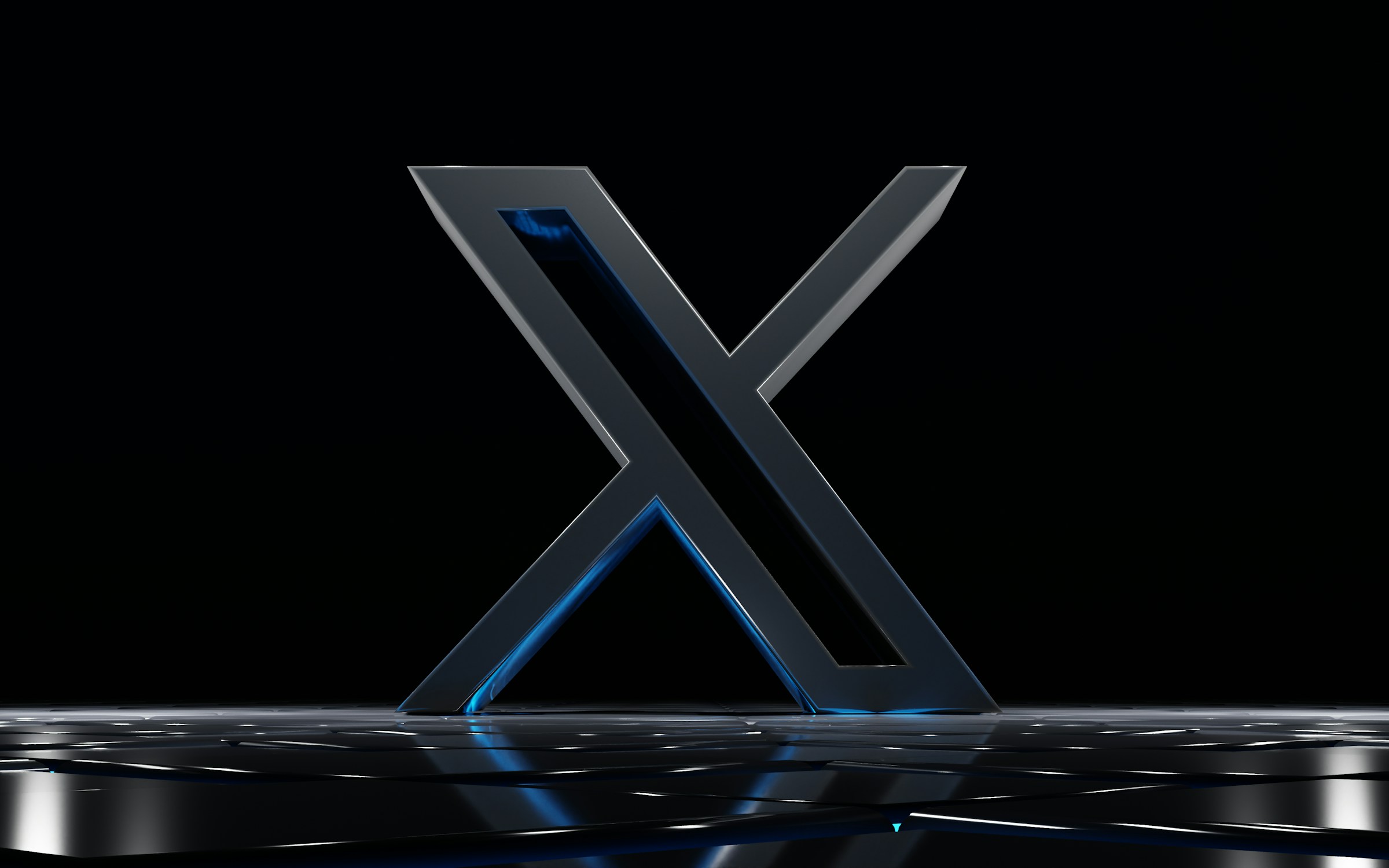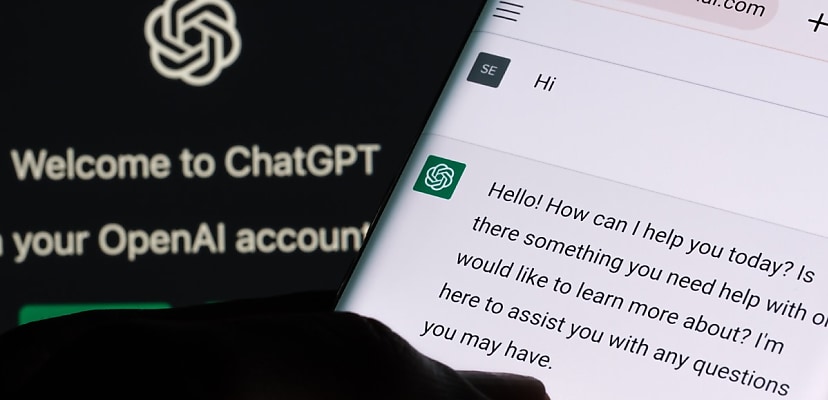In the ongoing legal battle between Elon Musk and OpenAI, a new set of emails has surfaced, revealing a fascinating glimpse into Musk’s deep-seated concerns over the rise of AI and its potential concentration of power. These emails, exchanged between Musk and various OpenAI co-founders, have shed light on his intense apprehension regarding the ambitions of DeepMind, the AI research firm owned by Alphabet (Google’s parent company). According to the emails, Musk feared that DeepMind’s success could result in a world dominated by a singular AI-driven philosophy, which he described as a “one mind to rule the world” approach.
Here's ads banner inside a post

The Roots of Musk’s Concerns
The explosive revelations come as part of Musk’s lawsuit against OpenAI, which was sparked by his fallout with the organization he co-founded in 2015. One email from 2016, uncovered by The Transformer, reveals Musk’s anxiety about DeepMind’s growing influence. He stated, “DeepMind is causing me extreme mental stress. If they win, it will be really bad news with their one mind to rule the world philosophy.” Musk’s concerns were not limited to DeepMind’s success; he specifically pointed to the potential for DeepMind’s co-founder, Demis Hassabis, to create what Musk referred to as an “AGI dictatorship.” AGI, or Artificial General Intelligence, refers to highly autonomous systems capable of outperforming humans in almost every economically valuable work.

Here's ads banner inside a post
These revelations are particularly interesting when viewed against the backdrop of Musk’s longstanding campaign for AI safety. Over the years, he has repeatedly warned of the dangers posed by unchecked AI development, particularly in the hands of a few powerful entities. Musk’s vision of a future dominated by a single entity or system, capable of making global decisions, clearly struck a nerve in 2016, and it would play a significant role in shaping the trajectory of his involvement with OpenAI.
The Founding of OpenAI and the Musk-DeepMind Rivalry
The formation of OpenAI in 2015 was, in part, a direct response to the rapid rise of DeepMind and its potential to control the future of AI. OpenAI was established with the mission of ensuring that artificial general intelligence would benefit humanity, as opposed to being controlled by a single corporation or government. Musk, ever the visionary, believed that the key to achieving this vision was to keep AI development open and transparent. His concerns about DeepMind being a monopoly in the AI space only solidified his decision to help form OpenAI as a counterbalance.

Here's ads banner inside a post
In May 2015, Sam Altman, one of OpenAI’s co-founders, emailed Musk expressing his thoughts on the rapidly approaching advent of AI. Altman wrote, “Been thinking a lot about whether it’s possible to stop humanity from developing AI. I think the answer is almost definitely not. If it’s going to happen anyway, it seems like it would be good for someone other than Google to do it first. Any thoughts on whether it would be good for YC [Y Combinator] to start a Manhattan Project for AI?” Musk responded, “Probably worth a conversation,” which eventually led to the establishment of OpenAI.
DeepMind’s dominance and Google’s deep pockets were seen as a serious threat by Musk and others within the tech industry. While Google’s parent company, Alphabet, could fund and accelerate DeepMind’s research and ambitions, Musk and his partners at OpenAI sought to create an alternative path for AI development—one that was open, democratic, and designed to minimize risks to society.
Tensions Within OpenAI: Musk’s Departure
However, the internal dynamics within OpenAI were not without their own share of drama. Emails between OpenAI’s co-founders, Greg Brockman and Ilya Sutskever, reveal rising tensions between them and Musk, particularly regarding his intentions for the company. In 2017, Brockman and Sutskever questioned Musk’s desire to control the company’s leadership, particularly his interest in being the final decision-maker on AGI matters. They noted that, despite Musk’s public stance of not wanting to control AGI, his private negotiations made it clear that he was seeking ultimate control over the company’s direction.

This concern about Musk’s desire for control was a major issue in the internal politics of OpenAI. Brockman and Sutskever feared that Musk’s influence could lead to a situation where he could effectively become the dictator of the company, much like the scenario Musk himself feared with DeepMind. Tensions escalated in 2017, leading to a fracturing of trust between Musk, Altman, and the other OpenAI co-founders.
Shivon Zillis, a close associate of Musk and another board member of OpenAI, reported to Musk that Altman had lost trust in Brockman and Sutskever. According to Zillis, Altman believed the two co-founders were being “inconsistent” and “childish” in their dealings with him. Musk’s frustration with the lack of alignment within OpenAI only grew as it became evident that the leadership was unable to come to a consensus on the company’s future direction. Ultimately, Musk suggested that OpenAI should either seek independent funding or remain a nonprofit organization.
:max_bytes(150000):strip_icc():focal(986x570:988x572)/elon-musk-shivon-zilis-1-7ce59df5ec034fad95842af65e719993.jpg)
OpenAI’s Shift to For-Profit Status
The disagreements over leadership and control were only the beginning of OpenAI’s challenges. By 2019, OpenAI made the controversial decision to shift from a nonprofit to a for-profit model, primarily due to the enormous financial requirements needed to fund the computing power required for advanced AI research. The company realized it needed billions of dollars in investment to compete with DeepMind and other well-funded AI players.
Enter Microsoft: In 2019, the tech giant invested a staggering $1 billion in OpenAI, helping to solidify the company’s future. This investment allowed OpenAI to continue its work, particularly in the development of its popular language model, GPT-3, which eventually led to the launch of the now-famous ChatGPT. Today, OpenAI continues to grow under the leadership of Sam Altman, with Microsoft providing critical funding and infrastructure support.
Meanwhile, Musk, feeling that OpenAI had veered too far from its original mission, left the company and founded his own AI firm, xAI. Musk’s xAI operates a massive 100,000-GPU data center and focuses on AI development, but Musk has continued to advocate for AI safety, emphasizing that its benefits should be shared by all of humanity, rather than concentrated in the hands of a few corporations.

The Bigger Picture: AI and Global Power Dynamics
Musk’s concerns over DeepMind and OpenAI are reflective of the larger debate about the role of artificial intelligence in shaping the future of humanity. AI, particularly AGI, represents not only a technological leap but also a fundamental shift in the balance of power. The potential for AI to consolidate power into the hands of a few large entities—whether it’s Google’s DeepMind, Musk’s own xAI, or OpenAI—raises important questions about governance, ethics, and global control.

As we look toward a future where AI plays an increasingly central role in every aspect of society, the concerns Musk raised in 2016 and beyond are more relevant than ever. With the advent of powerful AI systems like ChatGPT, the possibilities for societal disruption are immense. Whether it’s in the fields of economics, politics, or warfare, the AI arms race is already underway, and the stakes have never been higher.
The Road Ahead
As the court case between Musk and OpenAI continues, and as Musk’s own AI ambitions grow with xAI, the debate about the future of AI is far from over. With new emails and revelations continuing to surface, it is clear that the story of AI’s future is still being written—one where the lines between competition, control, and collaboration are increasingly blurred.

In the end, Musk’s concerns about an AI dictatorship may be more than just a theoretical fear. They may be a warning sign for the direction in which AI development could be heading—one that demands careful consideration and action from all stakeholders involved.



